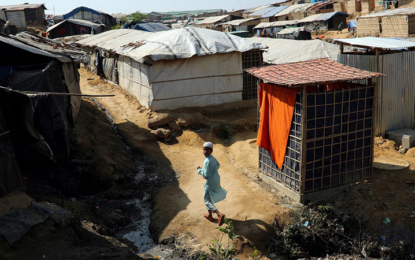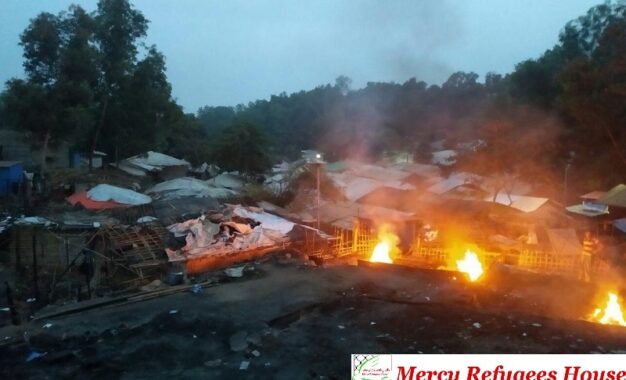Latest News
One year ago, Angela Merkel dared to stand up for refugees in Europe. Who else even tried?
Central Europe, Countries, Europe, Human Rights, Refugees Issues

t was an innocuous-sounding statement via Twitter that would come to rock Europe. Issued in the dead of night by Germany’s Office for Migration and Refugees, it simply announced: “We are at present largely no longer enforcing #Dublin procedures for Syrian citizens.”
When the news sunk in that Germany was no longer going to deport Syrian migrants fleeing terror in the Middle East, it triggered a million-man march through Europe as Syrian refugees, joined by Iraqis, Afghanis and many other nationalities, rushed to claim their spot in Europe’s richest nation. Ignoring those who called her a “traitor” and a “whore” to her face, Angela Merkel, the German Chancellor, did not hesitate in welcoming the rising tide of stateless humanity. “We can do it”, she said – more a statement of fact (Germany could indeed afford it) than an exhortation.
For a few heady days, hearts soared across Europe as tens of thousands of volunteers lined the railway platforms of Germany to welcome new arrivals from Vienna and Budapest. Like Obama’s “yes we can”, Mrs Merkel’s, “we can do it” took on a life of its own. It didn’t take long before it was used against her. As the political reality of accepting vast numbers of refugees began to hit home, Mrs Merkel was pictured on the cover of Der Spiegel magazine framed in a blue-and-white Mother Theresa wimple. “Mutter Angela,” said the headline.
Watch and Read more here
Amazon Sponsorship
Recent Posts
Jul 29, 2023
It has been close to six years since hundreds of thousands of Rohingya faced a deadly genocide by Myanmar’s military and fled the country in search of protection and refuge in neighbouring Bangladesh. The Rohingya population has been undergoing persecution, discrimination, arbitrary arrests, and atrocities in Myanmar for over seven decades. Their condition is alarmingly […]


















